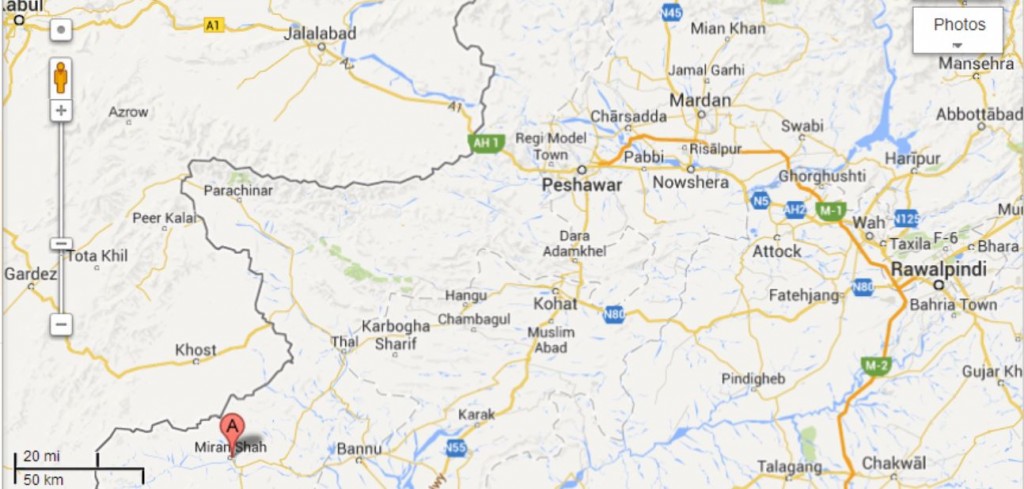How Will Pakistan Implement New Security Policy?
Earlier in the week, I wondered whether John Brennan had helped to shape the new counterterrorism policy that Pakistan is rolling out and whether it might be a ploy by Pakistan to capture some of the US counterterrorism dollars that would suddenly become available after a full withdrawal of US troops from Afghanistan. Under such a scenario, the key event to watch for would be any action taken by Afghanistan against the Haqqani network or other groups that find haven in Pakistan but carry out their attacks only in Afghanistan. More details of the policy are now being revealed, and with them come some suggestions that the Haqqanis might not be targeted, but other major developments suggest that tighter cooperation with the US is occurring.
Tom Hussain of McClatchy seems to have been first to break the news (on Wednesday) that Pakistan may still choose not to go after the Haqqani network:
Pakistan announced Wednesday that it was ending its 7-month-old policy of trying to reconcile with its Taliban insurgents and vowing to answer each terrorist attack with military strikes on the militants’ strongholds in northwest tribal areas bordering Afghanistan.
But the government stopped short of abandoning its attempts to engage willing Taliban factions in a peace dialogue, underlining that Pakistan’s national security policy remains focused on restricting attacks within its borders, rather obliterating the militants altogether.
That means that militants who use Pakistan for a staging base to attack U.S. and Afghan forces in neighboring Afghanistan will still be allowed to operate, as long as they observe a cease-fire in Pakistan.
He continues:
Political analysts said the national security policy unveiled Wednesday offered an easy way out for militant factions that wanted to disassociate themselves from the TTP, however: They simply have to stop attacking Pakistani government forces.
That makes it likely that Pakistan won’t take any military action against the Haqqani network, an ally of the Afghan Taliban that controls significant territory in the North Waziristan and South Waziristan tribal agencies.
The network is a major source of friction between Pakistan and the United States, which previously has accused Pakistan’s security services of complicity in several of the network’s high-profile attacks on Afghan government and U.S. targets in Kabul and elsewhere in Afghanistan.
Widely viewed as a projector of Pakistan’s influence into Afghanistan, the Haqqani network has distanced itself from the TTP during the Taliban group’s six-year insurgency by signing peace agreements, fronted by the local Wazir tribe, that predate the 2009 launch of counterterrorism operations.
Accordingly, it won’t be targeted by the Pakistani military as long as it doesn’t side with the TTP.
A very similar interpretation was offered by AFP on Thursday: Read more →

